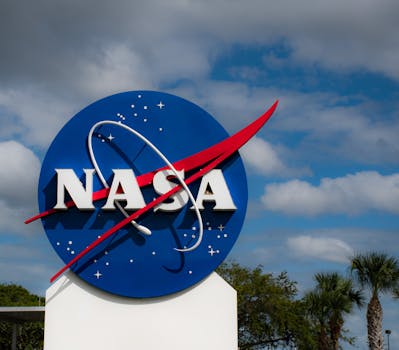
Satellite Launch Missions and Their Impact on Space Exploration
Satellite launch missions have been a crucial part of space exploration, enabling us to study the Earth, other planets, and the universe. With the help of satellites, we have been able to gather valuable data, conduct scientific experiments, and expand our knowledge of the cosmos. In this article, we will explore the impact of satellite launch missions on space exploration and the benefits they have brought to humanity.
Satellite launch missions have a long history, dating back to the 1950s. The first satellite, Sputnik 1, was launched by the Soviet Union in 1957, marking the beginning of the space age. Since then, numerous satellites have been launched by various countries and organizations, including NASA, SpaceX, and the European Space Agency. These satellites have been used for a variety of purposes, including communication, navigation, weather forecasting, and scientific research.
The Benefits of Satellite Launch Missions
Satellite launch missions have numerous benefits, including the ability to study the Earth and other planets from space. Satellites in orbit around the Earth can collect data on the planet’s climate, weather patterns, and natural resources. They can also be used to monitor natural disasters, such as hurricanes, wildfires, and earthquakes. In addition, satellites have enabled us to explore other planets and celestial bodies, such as Mars, Jupiter, and the Moon.
Satellite launch missions have also led to significant advances in technology. The development of satellites has driven innovation in fields such as materials science, propulsion systems, and computer engineering. The technology used in satellites has also been applied to other areas, such as medicine, transportation, and telecommunications. For example, satellite communications have enabled global connectivity, allowing people to communicate with each other from anywhere in the world.
Notable Satellite Launch Missions
There have been many notable satellite launch missions over the years. One of the most significant was the launch of the Hubble Space Telescope in 1990. The Hubble Space Telescope has revolutionized our understanding of the universe, providing stunning images and valuable data on the formation and evolution of galaxies, stars, and planets. Another notable mission was the launch of the Mars Curiosity Rover in 2011, which has been exploring the surface of Mars and providing insights into the planet’s geology and potential habitability.
More recently, the launch of the SpaceX Falcon Heavy rocket in 2018 marked a significant milestone in the development of reusable launch vehicles. The Falcon Heavy is the most powerful rocket in operation, capable of carrying heavy payloads to orbit and beyond. The launch of the Falcon Heavy has paved the way for future missions to the Moon, Mars, and other destinations in the solar system.
The Future of Satellite Launch Missions
The future of satellite launch missions looks bright, with many new and exciting projects on the horizon. NASA’s Artemis program, for example, aims to return humans to the Moon by 2024 and establish a sustainable presence on the lunar surface. The European Space Agency’s JUICE mission, scheduled to launch in 2022, will explore the Jupiter system and study the planet’s moons and magnetic field.
In conclusion, satellite launch missions have had a profound impact on space exploration, enabling us to study the Earth, other planets, and the universe. The benefits of satellite launch missions are numerous, ranging from advances in technology to the expansion of our knowledge of the cosmos. As we look to the future, it is clear that satellite launch missions will continue to play a vital role in the exploration of space and the advancement of human knowledge.







